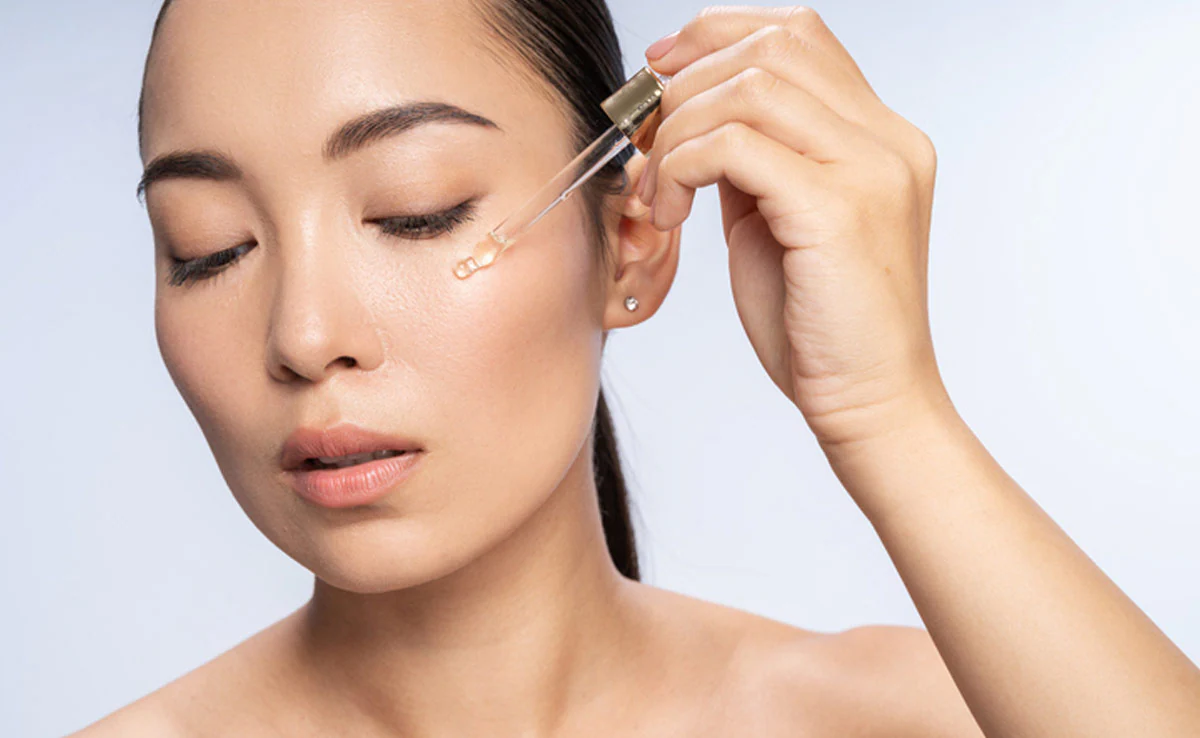Important Points:
- Introduction
- Understanding Oily Skin
- Importance of a Skincare Routine
- Creating a Custom Skincare Routine
- Additional Tips for Oily Skin
- Common Mistakes to Avoid
- Conclusion
Oily skin can be a blessing and a curse. On one hand, it tends to age more slowly, and the natural oils can help keep your skin hydrated. On the other hand, excess oil can lead to enlarged pores, acne, and that unwanted shine. The solution? A well-crafted skincare routine tailored to your oily skin type. In this article, we’ll guide you through creating a skincare routine that helps you maintain a healthy, clear complexion.
Understanding Oily Skin
What Causes Oily Skin?
Oily skin is the result of overactive sebaceous glands, which produce excess sebum, the skin’s natural oil. Several factors can contribute to oily skin, including genetics, hormonal fluctuations, and environmental conditions. It’s important to note that while you can’t change your genetics, you can effectively manage oily skin through the right skincare routine.
Importance of a Skincare Routine
Before we delve into the specifics of a skincare routine for oily skin, let’s highlight the significance of maintaining one. A well-structured skincare routine helps to:
- Control excess oil production.
- Prevent clogged pores and acne.
- Balance your skin’s pH levels.
- Keep your skin looking fresh and healthy.
Creating a Custom Skincare Routine
Cleansing
The foundation of any skincare routine is a good cleanser. Opt for a gentle, oil-free cleanser that removes excess oil, dirt, and makeup without over-drying your skin. Cleansing twice a day, in the morning and before bedtime, is essential.
Exfoliating
Exfoliation helps remove dead skin cells, preventing clogged pores and promoting cell turnover. Use a chemical exfoliator with ingredients like salicylic acid to unclog pores and control oil production. Limit exfoliation to 2-3 times a week to avoid overdoing it.
Toning
A lightweight, alcohol-free toner can help balance your skin’s pH levels and tighten your pores. Look for toners with ingredients like witch hazel or niacinamide to control excess oil.
Moisturizing
Don’t skip moisturizing, even if you have oily skin. Choose a non-comedogenic, oil-free moisturizer that hydrates without making your skin greasy. Proper hydration can actually help regulate oil production.
Sunscreen
Sun protection is a must for everyone, regardless of skin type. Opt for a broad-spectrum sunscreen with an SPF of at least 30. Look for products labeled “oil-free” or “non-comedogenic” to avoid clogging your pores.
Additional Tips for Oily Skin
Diet and Hydration
Maintain a balanced diet rich in fruits and vegetables. Staying hydrated is also crucial as dehydration can trigger increased oil production.
Lifestyle Changes
Stress and lack of sleep can exacerbate oily skin. Incorporate stress-reducing activities and ensure you get sufficient rest.
Common Mistakes to Avoid
- Over-cleansing: Excessive cleansing can strip your skin of natural oils, leading to more oil production.
- Using harsh products: Avoid products with alcohol or fragrances, as they can be irritating.
- Not seeking professional advice: If your oily skin issues persist, consult a dermatologist for personalized recommendations.
Conclusion
Creating a skincare routine for oily skin is about finding the right balance. With the proper products and consistency, you can keep excess oil at bay and enjoy a clear, glowing complexion. Remember, every skin is unique, so it might take some trial and error to find the perfect routine for you.
FAQs
FAQ 1: Can I skip moisturizing for oily skin?
No, moisturizing is essential for all skin types, including oily skin. Choose a lightweight, non-comedogenic moisturizer to keep your skin hydrated without making it greasy.
FAQ 2: How often should I exfoliate?
Exfoliate oily skin 2-3 times a week to avoid over-exfoliation, which can lead to irritation.
FAQ 3: Are natural remedies effective for oily skin?
Some natural remedies like aloe vera and tea tree oil can be effective, but results may vary. It’s best to combine them with a proper skincare routine.
FAQ 4: Can oily skin turn into dry skin over time?
Oily skin can become drier with age, but it’s essential to adapt your skincare routine as your skin changes.
FAQ 5: Is it necessary to consult a dermatologist for oily skin?
While a good skincare routine can help manage oily skin, if you have persistent issues or severe acne, consulting a dermatologist is advisable for personalized care.


Leave a comment
Your email address will not be published. Required fields are marked *